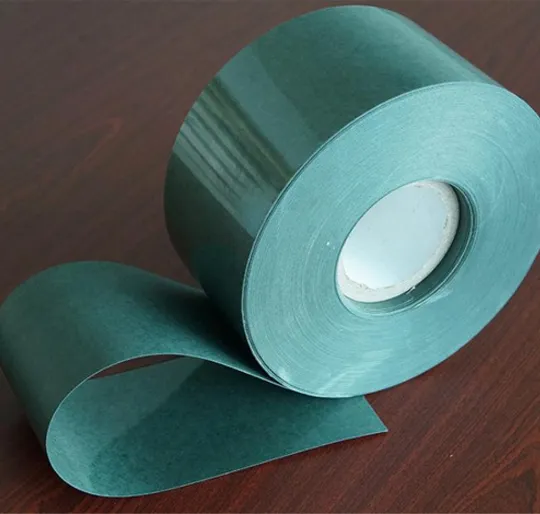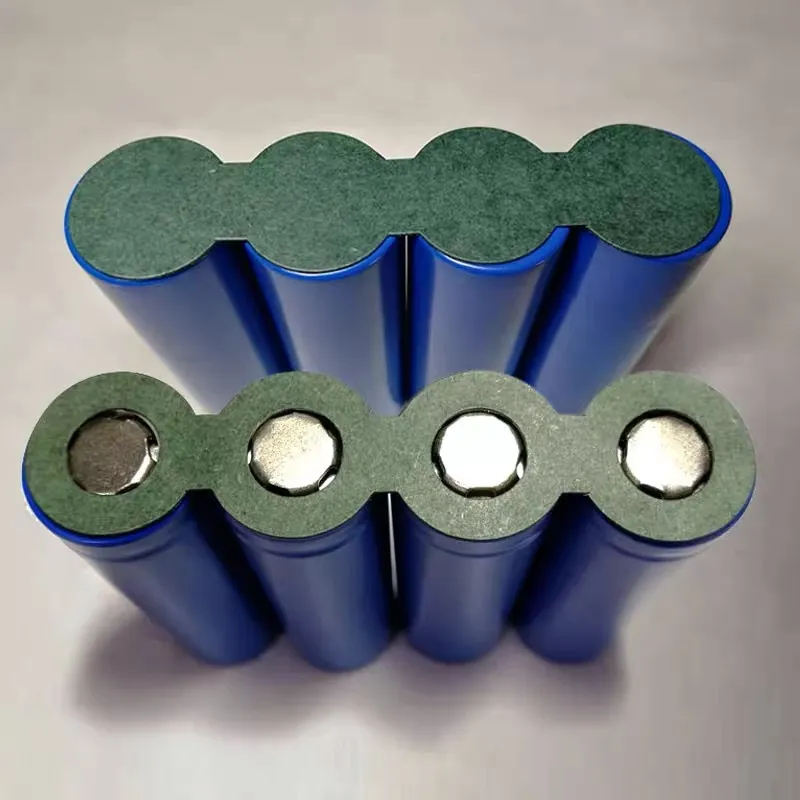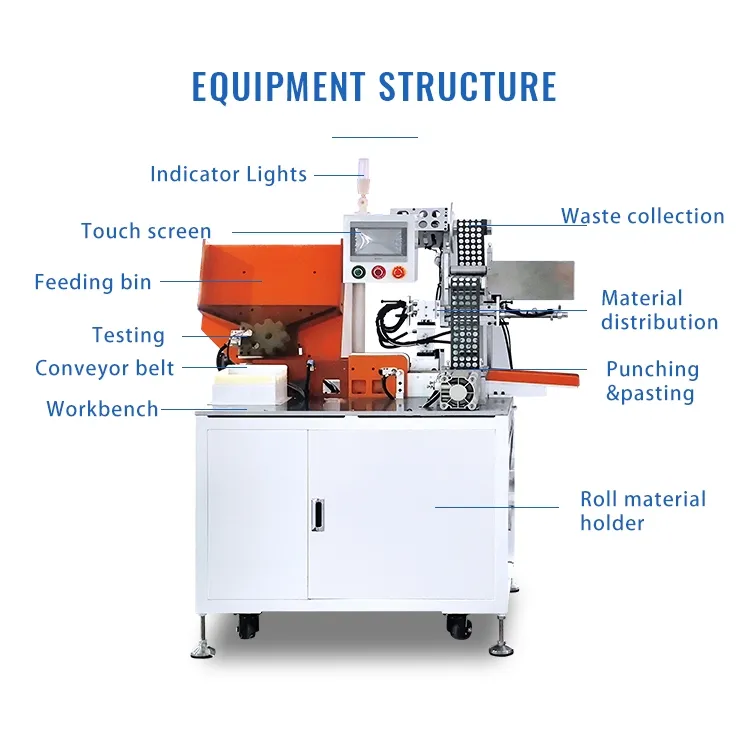In modern battery manufacturing, Insulation Paper plays a crucial role in ensuring the performance, safety, and longevity of batteries. Specifically, insulation paper is used to separate and protect the various components inside a battery, such as the positive and negative electrodes, to prevent short circuits and damage. This simple yet essential component enhances battery reliability and protects the battery cells from thermal runaway, ensuring the overall safety of the device.

The Role of Insulation Paper in Battery Manufacturing
Battery insulation paper, also known as battery separator paper, serves several critical functions in the manufacturing process:
Electrical Insulation: The primary function of insulation paper is to electrically isolate the positive and negative electrodes within the battery. This prevents any direct contact between the two electrodes, which could otherwise lead to short circuits, loss of capacity, or even dangerous overheating.
Thermal Management: Insulation paper also provides an additional layer of thermal management. It helps in dissipating heat generated during charge and discharge cycles, contributing to the overall thermal stability of the battery.
Protection from Physical Damage: The paper acts as a cushion, reducing the risk of physical damage to sensitive components within the battery, such as the cells and connectors. This helps prolong the battery's lifespan and maintains its overall efficiency.
Chemical Resistance: Insulation paper is designed to be chemically resistant, ensuring that it does not degrade or react with other materials inside the battery, which could compromise the battery's integrity.
Enhanced Safety: By preventing short circuits and enhancing thermal management, insulation paper significantly reduces the risk of thermal runaway, a phenomenon that can lead to fires or explosions in poorly manufactured batteries.

The Challenge of Insulation Paper Application in Battery Production
As important as insulation paper is, applying it precisely and efficiently during the production process is a challenge. Manual application of insulation paper is not only time-consuming but also prone to human error, which can lead to inconsistent results. To meet the growing demand for high-quality, reliable batteries, automation in insulation paper sticking is becoming increasingly crucial.
SUNKA LEAD's Automatic Insulation Paper Sticking Machine
At SUNKA LEAD, we understand the critical importance of insulation paper in battery manufacturing. That’s why we have developed an automatic insulation paper sticking machine, designed to streamline the application process and ensure precision every time.

Our machine offers the following benefits:
Precision and Consistency: Our automatic insulation paper sticking machine ensures that the paper is applied uniformly, reducing the risk of misalignment or incomplete insulation coverage. This contributes to enhanced battery performance and safety.
Increased Efficiency: By automating the insulation paper sticking process, our machine significantly speeds up production time, enabling higher throughput without compromising on quality.
Cost-Effective: With reduced labor costs and improved productivity, our machine provides a cost-effective solution for battery manufacturers looking to optimize their operations.
Customizable for Various Battery Types: Whether you are working with cylindrical, prismatic, or pouch cells, our insulation paper sticking machine can be customized to meet your specific production needs.
Eco-Friendly: Our machine is designed with energy efficiency in mind, contributing to more sustainable manufacturing practices.
Conclusion
Insulation paper is a vital component in ensuring the safety, performance, and longevity of batteries. The proper application of insulation paper is crucial in maintaining the overall quality of the battery. With the help of SUNKA LEAD’s automatic insulation paper sticking machine, manufacturers can improve the consistency, efficiency, and reliability of their production lines while reducing costs. If you are looking to optimize your battery manufacturing process, we invite you to explore how our advanced technology can support your needs.
For more information, please visit our website or contact us directly.



